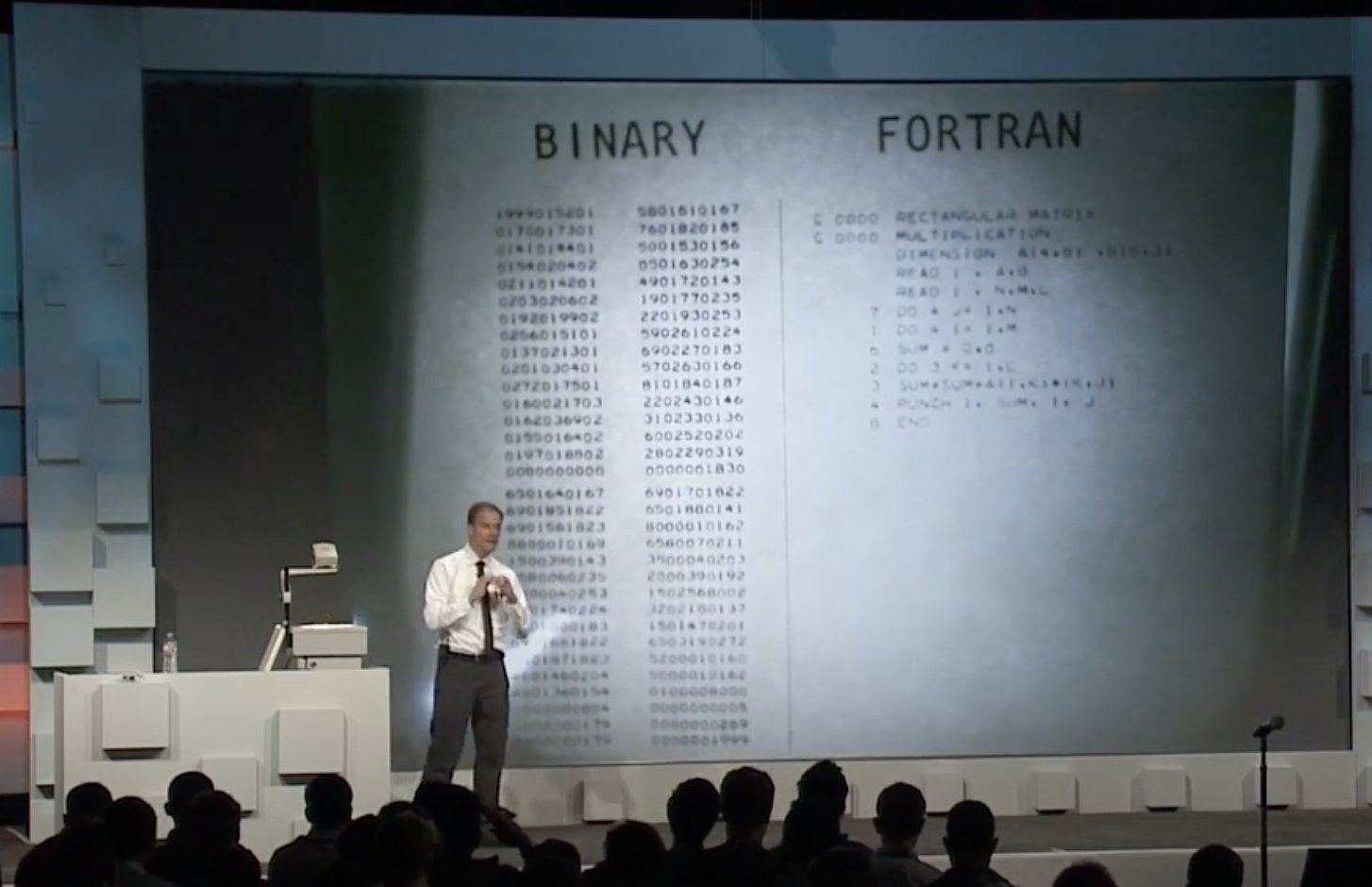I've been thinking a lot about the future of design and code lately.

Recently, I came across Bret Victor's influential talk "The Future of Programming" (watch here). In it, he makes a compelling argument about how our tools shape not just what we create, but how we think about creation itself.
This got me thinking about the current state of our tools. While we've made incredible progress in making design and development more accessible and powerful, I can't help but feel we're still missing something fundamental. The tools have evolved, but have we evolved our way of thinking?
In this series, I want to explore this question in depth. We'll look at how our current tools shape our thinking, what's missing, and what the future might hold. Let's start by examining the current landscape of design and development tools.
Personally, I've been designing interfaces for more than 15 years now. I started designing in Photoshop in 2008. Then moved to Sketch in 2015. Then moved to Figma fully in 2019.
Lately I find myself just spending time in Cursor and using Figma less and less to create digital work. I've also been spending more time working in the Shopify landscape.
With the launch of ChatGPT in November 2022, everything changed and the world hasn't looked back.
New tools emerged and creating digital products is faster than ever now.
Although I do believe we are still in the very early stages of a defining new ways of interacting with computers.
The tools that exist today still have the core of the past. This writing will likely be a 3 part series diving into what could be the future of design and code.
An analogy that I like to reference recently when talking about this topic is one inspired from a Bret Victor talked coined "The Future of Programming" (link to video)
In the talk about the future of programming Bret Taylor talks about how when most people were still programming in Binary and Fortran came along - people resisted it.
Prompting LLMs (Large Language Models) seems to be current method of translating ideas to code and visuals. Most believe vibe coding and prompt engineering will be our future. I strongly disagree and see these current methods as almost like slot machines that feed instant gratification of feedback.
There is something to be appreciated about human craft and intentionality. LLMs and vibe coding allows people to freely prototype and experiment while sacrificing precision.
As Bret Victor said, "...And so they totally miss out on this much more powerful way of thinking..."
Unfortunately there is no new way of thinking yet.